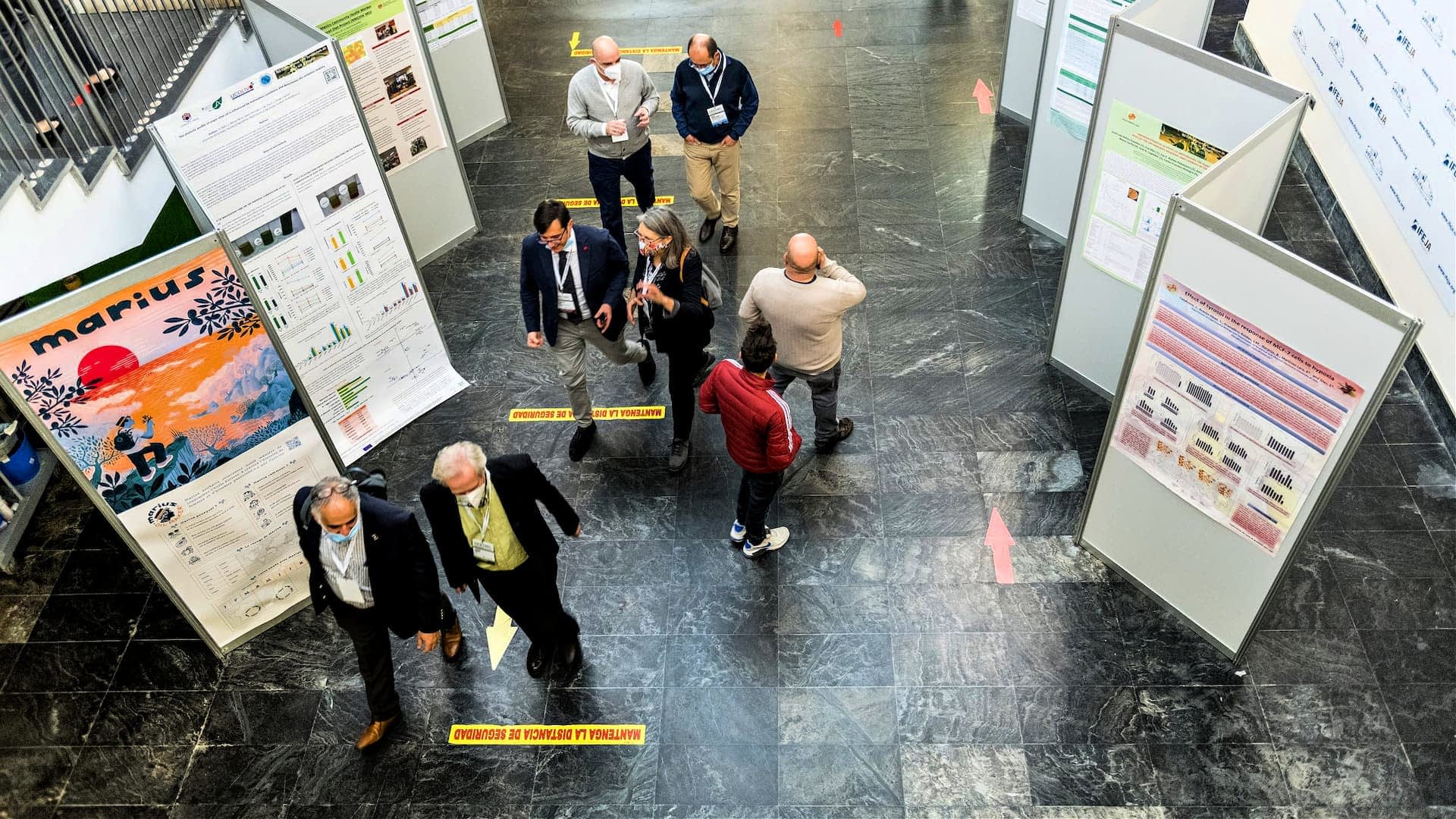Researchers, scientists, industry representatives and executives from several organizations gathered in Jaén, Spain, for the Third International Yale Symposium on Olive Oil and Health late last year.
Held in conjunction with the Fourth International Congress on Olive Oil, Olive Groves and Health, the event aimed at highlighting and promoting the role of olive tree cultivation in planetary health and the impact of olive oil’s health benefits.
We are now becoming more aware that we have done a lot of damage on this planet, and the olive tree is a true resource that can be used to start reversing this.
“It has been an amazing experience, which brought together leading professionals of the sector from several countries,” Tassos C. Kyriakides, the co-chairman of the organizing committee from the Yale School of Public Health, told Olive Oil Times.
“Besides highlighting the importance of incorporating extra virgin olive oil in our daily lives, the event focused on planetary health, circular economy, bio-economy and sustainability of agriculture, giving rise to stimulating debates and seeking answers on the most pressing challenges today,” he added.

Tassos C. Kyriakides
Emphasizing the critical role of extra virgin olive oil as a fundamental food in human nutrition, the symposium provided an extensive discussion on the latest research results.
Among the many topics examined in the health and disease section, the discussion of olive oil’s phenolic compounds, their synergistic interaction and their impact on the human body stirred up particular interest.
“We discussed how the olive tree and its products give more than health,” Kyriakides said. “In addition to being beneficial for us as human beings, they also benefit our planet.”
In the planetary health and sustainability section of the symposium, presentations focused on the environment and climate change, with experts emphasizing how the olive sector offers a unique opportunity to explore the circular economy concepts within the realm of bio-economy.
Several studies were presented that highlighted the role of sustainable olive grove management in reducing greenhouse gas emissions, thus contributing to the reduction of adverse effects on climate and heat.
Examples of programs that promote the increase of biodiversity in the olive groves were also presented.

“We are now becoming more aware that we have done a lot of damage on this planet, and the olive tree is a true resource that can be used to start reversing this,” Kyriakides said. “I think that, especially after having gone through two years of this pandemic, we have to restart and reset. Let us also say to go back to basic environmentally-friendly and sustainable ideas and concepts.”
While it was clearly presented that the Covid-19 pandemic has provided an opportunity for the olive oil sector across markets because consumers have experimented more at home with olive oil, the symposium also highlighted some challenges that sector operators should address at an international level:
- The global availability of a larger variety of high-quality oils;
- The creation of value among young people; focused work with chefs, who, as opinion leaders, influencers and front-line links, can teach and transmit directly to the consumer;
- The creation of confidence in the olive oil chain’s agents and in product labeling;
- An increase in consumer knowledge and expertise in parameters such as the definition of quality oils and their differentiation from oils of lower quality;
- The introduction of oil in consumers’ daily lives through recipes and other uses.
These conclusions were reached during the marketing section of the symposium, in which the speakers presented and discussed consumer trend reports and successful olive oil marketing and product promotion efforts from around the world.
The symposium attendees were reminded that consumers buy products mainly because of the positive attributes to human wellbeing they can generate and provide. In the case of olive oil, the presentations underscored that there are great opportunities since olive tree products are already considered a source of wellness.
“In providing summarized insights, the symposium pointed to the fact that the positive health effects of olive oils have been the determining factors for the increase in worldwide demand over the last three decades, during which consumption has doubled (from 1.5 million to more than three million tons),” Kyriakides said.
“However, it was noted that both currently and going forward, factors such as the positive contribution and impact of olive oil on sustainability, climate change mitigation and biodiversity will be key to the continued development of global demand,” he added.
The symposium’s organizers concluded that the existing collaborative work between the human and planetary health dimensions of the olive grove can serve as an impetus for a broader and more impactful synergy between the two.
They added that this synergy should embrace research, education and engagement of the whole spectrum of olive sector communities and stakeholders.
“This symposium has signaled a call to action to establish clear and specific objectives with impactful and assessable outcomes and results,” Kyriakides said. “Health, both human and planetary, have always been intertwined and the path forward should facilitate and strengthen their synergy toward the maximum mutual benefit.”
The Fourth International Yale Symposium on Olive Oil and Health, co-organized by the University of Roma Tor Vergata and the University of Bari Aldo Moro, will take place in Rome in early December 2022.








